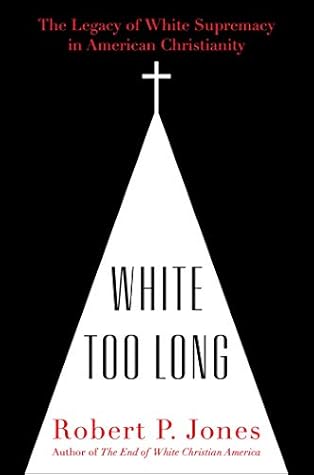More on this book
Community
Kindle Notes & Highlights
Read between
June 11 - July 12, 2022
A Summary of the Statistical Findings We’ve covered a lot of statistical ground in this chapter. Below is a summary of the main findings: White Christians think of themselves as people who hold warm feelings toward African Americans while simultaneously embracing a host of racist and racially resentful attitudes inconsistent with those warm feelings. The Racism Index provides a more accurate reading of white Christians’ views toward African Americans. Harboring more racist views is a positive independent predictor of white Christian identity overall and for each of the three white Christian
...more
This highlight has been truncated due to consecutive passage length restrictions.
In his remarks at the unveiling, Read noted how the postcard image of that night had frozen that awful racial violence in time, and he expressed his hopes that the day’s event would provide an alternative image of accountability and reconciliation: “I stand here today as a representative of [my great-grandfather’s] legacy, and I willingly place that responsibility on my shoulders.”38 Read continued, “As a family, we have used the discovery of this as a tool for continued discovery of ourselves. This means our past, present, and future selves, and a lesson that true shame is not in the
...more
One of the most impressive things about the journey of the two First Baptist Churches in Macon is that FBC of Christ has not succumbed to a mistake that most white Christians make when they engage in this work: reaching too directly for reconciliation. Dickison had this to say about the challenges of the reconciliation paradigm: I’ve stopped using the word reconciliation… for what we’re doing. I’ve started using justice work more, not saying racial reconciliation, but really talking about racial justice. When we throw around the word reconciliation, especially as white Christians, white
...more
What few whites perceive, and this is a truth that has come late to me, is that we have far more at stake than our black fellow citizens in setting things right. As Baldwin provocatively put it, the civil rights movement began when an oppressed and despised people began to wake up collectively to what had happened to them.19 The question today is whether we white Christians will also awaken to see what has happened to us, and to grasp once and for all how white supremacy has robbed us of our own heritage and of our ability to be in right relationships with our fellow citizens, with ourselves,
...more


